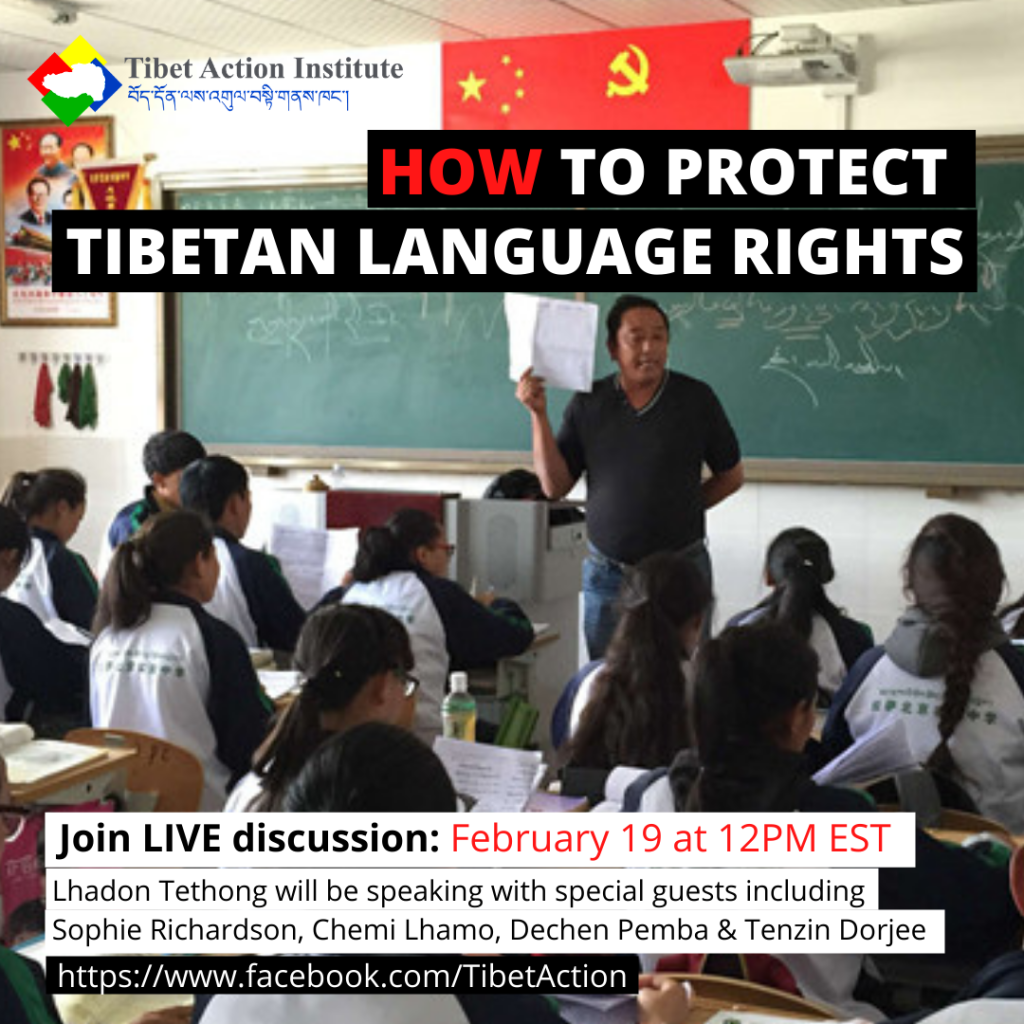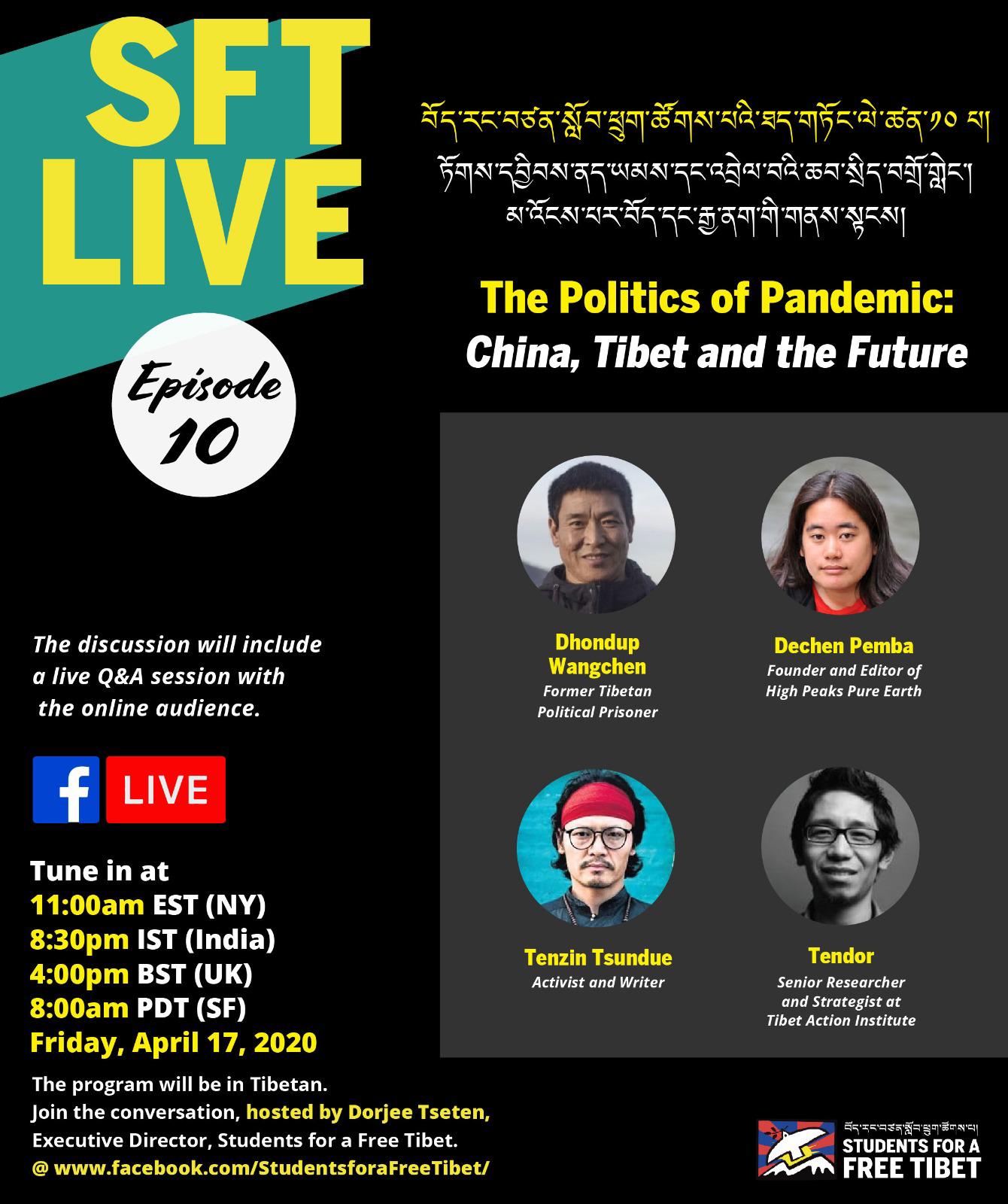At the end of 2022, a tweet of mine about the publication of my late Uncle’s book “Tibet As I Knew It” unexpectedly drew a lot of attention. At the last count, the tweet below had over 20,000 views, so I thought I’d take that as a sign that there might be interest in knowing a bit more about the book!
https://twitter.com/_DechenP/status/1608528650495791109
As is already quite well known, my late Uncle Dr. Tsewang Yishey Pemba was the first Tibetan to be trained as a western medical doctor. He was born on June 5, 1932 in Gyantse, Tibet and passed away on November 26, 2011 in Siliguri, India.
“Tibet as I Knew It: The Memoir of Dr. Tsewang Yishey Pemba” is therefore a combination of his memories of his formative years growing up in Tibet and school in India, along with an overview of Tibetan history and society from his perspective. He wrote this book in the 1990s after he had formally retired as a surgeon and my cousin Acha Lhamo Pemba la discovered his unpublished manuscripts in their Darjeeling house several years after his passing. There is a short foreword to the book written by His Holiness the Dalai Lama.

Publications by Dr. Pemba: Young Days in Tibet (1957), Idols on the Path (1966), White Crane, Lend Me Your Wings (2017) and Tibet As I Knew It (2022)
Much credit has to go to Lhamo Pemba la and all the family members who have helped on the journey from getting the original typewritten manuscripts digitised, to seeing the project through to publication by Lexington Books. Special thanks must also go from my whole family to Shelly Bhoil, without whose help, guidance and advice, this publication would not have seen the light. Shelly has put in a countless number of hours working on both this and also “White Crane, Lend Me Your Wings”, so we are extremely grateful.
On a personal note, my father Tsewang Norbu Pemba and I made our contributions by helping to choose the family photographs published in the book. It was amazing to go through photographs of Tibet taken in the 1930s and 1940s and then the fun started identifying people and places. My father also was tasked with proofreading and made helpful suggestions for light edits. Included at the end of “Tibet as I Knew It” is a biographical note on my late Uncle which I put together.
Finally, another publication by my late Uncle to look forward to is “Journal of a Doctor to Tibetan Mystics and Masters” from Blackneck Books. It will be launched in Dharamsala on March 7, 2023 and my cousin Acha Lhamo Pemba la will be representing the family in person.









